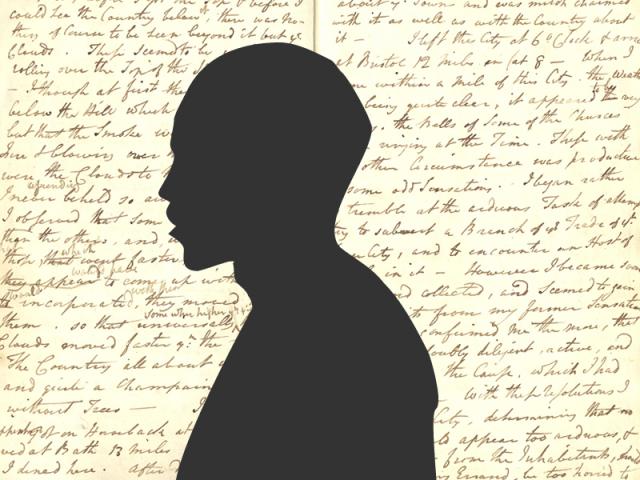We have no picture of Quobna Ottabah Cugoano. He was a black anti-slavery campaigner who worked alongside Equiano. He was born in 1757 in the part of Africa now called Ghana. In 1770 he was kidnapped and taken to the West Indies, where he spent nearly a year in slavery on Grenada. Cugoano was brought to England in 1772 and soon became one of the leaders of London's black community and their campaign to end slavery. In 1786 Cugoano played a key part in the rescue of Henry Demane, a black man who had been kidnapped and was being shipped out to the West Indies. Cugoano and another community leader, William Green, reported the kidnapping to Granville Sharp and Demane was rescued at the very last minute, just as the ship was about to leave. In 1787 Cugoano published a book called 'Thoughts and Sentiments on the Evil and Wicked Traffic of the Human Species'. Cugoano was the first published African critic of the transatlantic slave trade and the first African to demand publicly the total abolition of the trade and the freeing of enslaved Africans. The book seems to have been written with the help of Olaudah Equiano. It set out the case for the abolition of the slave trade and contained accounts of slavery in Grenada:
"Every day I saw the most dreadful scenes of misery and cruelty. My miserable companions were often cruelly lashed, and as it were cut to pieces. I saw a slave receive twenty four lashes of the whip for being seen in church on a Sunday instead of going to work."
Cugoano travelled with Equiano on a tour of the country to promote their autobiographies. His book attracted many readers and was even translated into French. In it Cugoano argued powerfully that slavery was morally wrong. How could British people call themselves the most ‘civilised' people in the world when they were involved in a trade of ‘barbarous cruelty and injustice' and thought that ‘slavery, robbery and murder were no crime'? Cugoano argued that everyman in Britain was responsible in some degree for slavery and that the country should ‘set an example' and be the first to abolish the trade.
"Is it not strange to think, that they who ought to be considered as the most learned and civilized people in the world, that they should carry on a traffic of the most barbarous cruelty and injustice, and that many think slavery, robbery and murder no crime?"
Cugoano was also the first writer in English to argue that enslaved blacks had not only the moral right but also the moral duty to resist slavery.
"If any man should buy another man and compel him to his service and slavery without any agreement of that man to serve him, the enslaver is a robber. It is as much the duty of a man who is robbed in that manner to get out of the hands of his enslaver, as it is for any honest community of men to get out of the hands of rogues and villains."
Cugoano and Equiano's books influenced public opinion. Both Cugoano and Equiano, together with other members of Britain's black community, also wrote many letters to powerful people who they thought could help the abolition cause.
 Quobna Ottabah Cugoano (1757-Unknown), born Ghana
Quobna Ottabah Cugoano (1757-Unknown), born Ghana

 [ 1 ]
[ 1 ]  [
[

